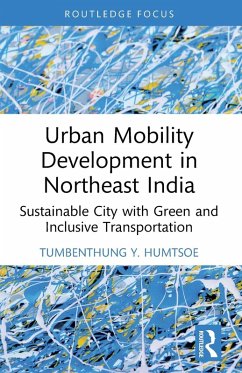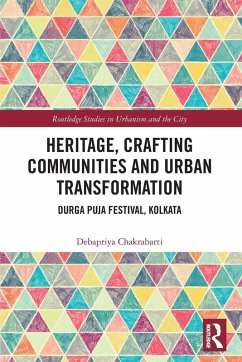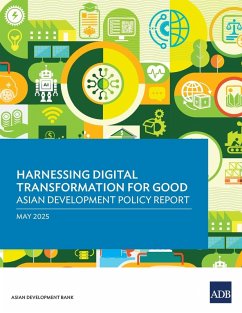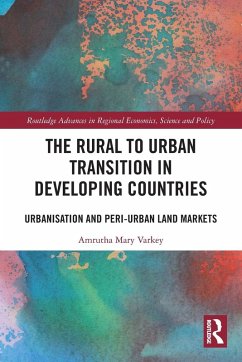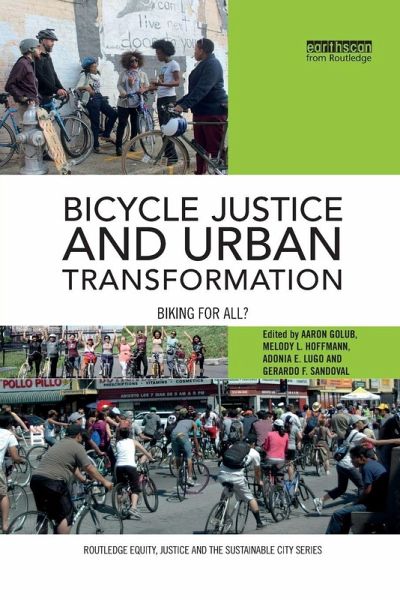
Bicycle Justice and Urban Transformation
Biking for all?
Herausgeber: Golub, Aaron; Lugo, Adonia; Hoffmann, Melody
Versandkostenfrei!
Versandfertig in 1-2 Wochen
64,99 €
inkl. MwSt.
Weitere Ausgaben:

PAYBACK Punkte
32 °P sammeln!
This book provides the standards for equitable bicycle advocacy, policy, and planning by defining and operationalizing bicycle justice. In synthesizing the projects of critical cultural studies, transportation justice, and planning as applied practice, this book reveals the relevance of civil rights and social justice concerns to public interventions intended to increase cycling.





